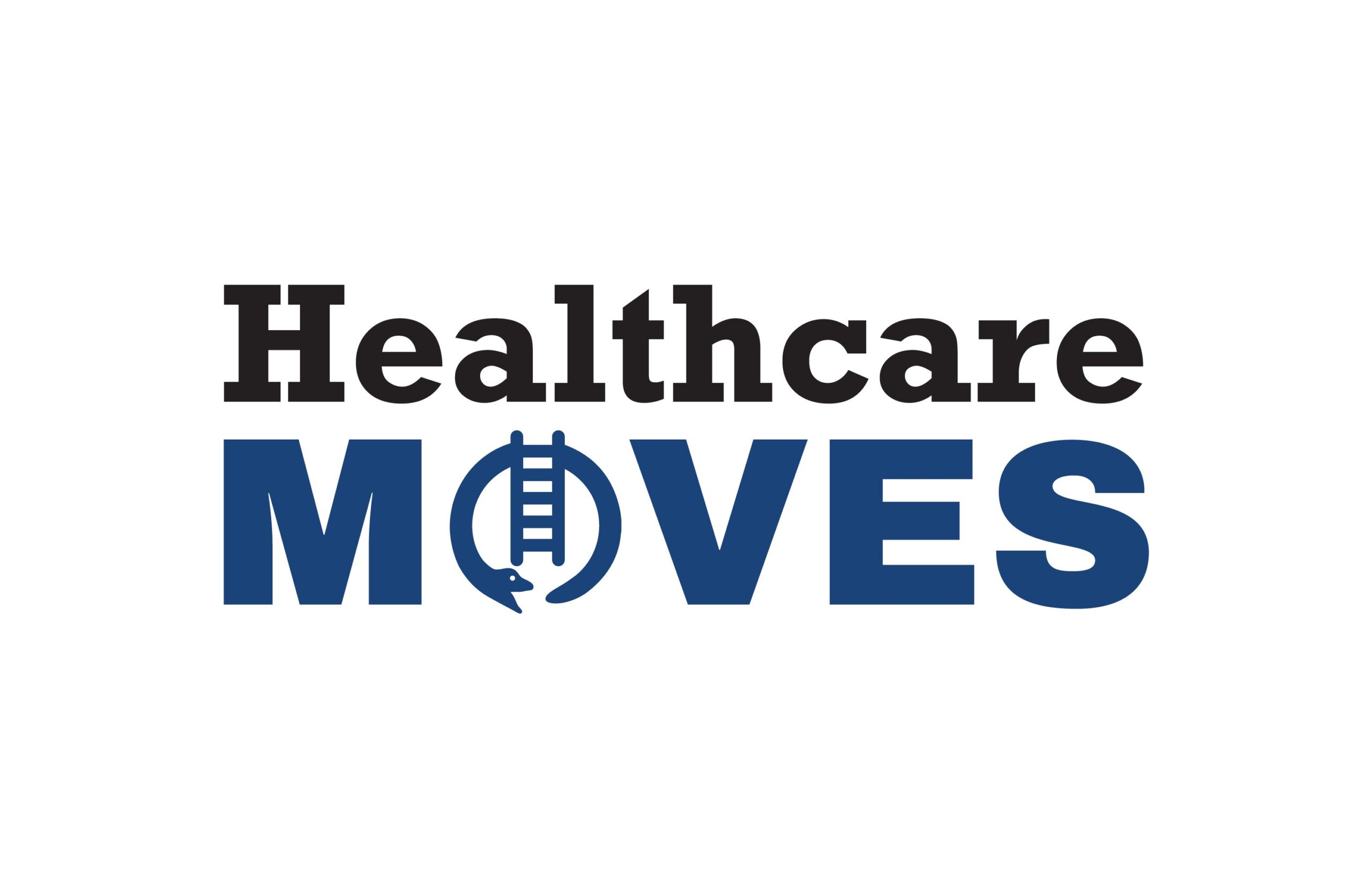Weight loss startup Calibrate is changing hands amid worsening customer frustrations and a sweeping shortage of GLP-1 drugs.
Insider first reported the news after two of the startup’s employees told the publication that the plan had been announced via Slack message on Friday. A spokesperson for Calibrate confirmed the restructuring via email on Monday.

With the Rise of AI, What IP Disputes in Healthcare Are Likely to Emerge?
Munck Wilson Mandala Partner Greg Howison shared his perspective on some of the legal ramifications around AI, IP, connected devices and the data they generate, in response to emailed questions.
“Last week, Calibrate announced a legal restructuring of the business, supported by a new financial commitment from Madryn Asset Management and other existing investors. This commitment strengthens the company’s financial position as the leading metabolic health business and allows the business to achieve profitability,” the spokesperson wrote.
Madryn Asset Management, which is a private equity firm, did not respond to MedCity News’ requests for comment.
Before its restructuring, Calibrate recently conducted two major rounds of layoffs — one in July 2022 that affected about 150 roles and one in April that affected about 100.
The New York City-based company was founded in 2020 and has raised more than $160 million in funding. The startup sells a weight loss program that combines personalized video coaching with doctor-prescribed GLP-1 drugs, such as Ozempic or Wegovy. The yearlong program is $1,749, not including the cost of the medications.
The startup has struggled in recent months amid GLP-1 drug shortages and payers’ increasing reluctance to cover them. Calibrate has had difficulty providing these medications to its members since last year and has distributed millions of dollars of refunds to its customers in 2023.
Calibrate members have been vocal on social media about their frustrations with the company. For instance, a Reddit page dedicated to the weight loss startup, r/calibrateweightloss, is populated by hundreds of posts in which users complain about not receiving their medications, being ghosted by their virtual health coaches and not being able to reach Calibrate’s support staff. Typing “calibrate scam” into the search box on X (formerly known as Twitter) will also generate hundreds of posts from frustrated members.
Another gullible victim of @calibrate. I was able to secure medication elsewhere faster and I'm hoping for a refund. Sorry to see this company is a high ticket scam.
— Courtney Hall (@ContentCourtney) April 3, 2023
Amid the sea of customer complaints, the company has still sought to grow its business this year. Calibrate CEO Isabelle Kenyon said that one of the company’s biggest priorities in 2023 was partnering with large employers to grow and diversify its patient base. Late this summer, the startup forged a deal with OptumRx to provide its weight loss program to FedEx employees, according to Insider.
But another CEO in the weight management space thinks that this approach is all wrong.
“What if the most disruptive innovations were actually about working within the system, not around it? The restructuring of Calibrate is another proof point that direct-to-consumer models don’t work for enterprise customers. Those models may be great for a subset of individuals willing to self-buy, but for those within the healthcare system, needs are different,” said Elina Onitskansky, CEO of obesity treatment company Ilant Health.
Companies that sell their platform to enterprise businesses must focus on delivering clinically sound care at scale that prioritizes continuity and outcomes, not growing enrollment, Onitskansky declared. Delivering on the needs of enterprise customers requires capabilities “that are just not present in most direct-to-consumer models,” she noted.
“Healthcare absolutely can be enhanced, especially when thinking about stigmatized and undertreated areas like obesity, but that improvement is most effective if it comes from within the system and aims to partner with others in the ecosystem” Onitskansky argued.
Another leader in the weight loss sector — Brooke Boyarsky-Pratt, CEO of obesity care startup Knownwell — pointed out that “all eyes are on the obesity care space” right now.
Recent pharmaceutical advancements in weight loss drugs have spurred a flurry of companies, many of which originally focused on prescribing GLP-1 drugs virtually. Now, many of these startups may have to pivot to the utilization management space, Boyarsky-Pratt said.
“We’re at a pivotal moment in obesity care where we have the opportunity to accelerate progress even further, or, if handled without care, we risk turning the clock back on decades of progress. Now more than ever, we need responsible, patient-centered care for the chronic disease of obesity,” she argued.
Photo: Flickr user Cameron Russell















